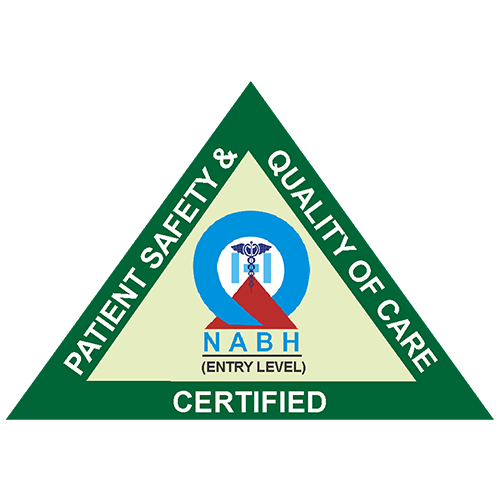Overview
Kidneys play a vital role in maintaining overall health by filtering waste products, balancing electrolytes, and managing fluid levels in the body. When they fail to perform these functions adequately, it can lead to severe health complications. Understanding the primary causes of kidney function loss is crucial for early detection and management. Here, we delve into the main reasons for the loss of kidney function.
Chronic Kidney Disease (CKD)
Chronic Kidney Disease is the most common cause of kidney function loss. CKD is a long-term condition characterized by a gradual loss of kidney function over time. The primary culprits for CKD include:
– Diabetes: High blood sugar levels damage the blood vessels in the kidneys, impairing their ability to filter waste.
– Hypertension (High Blood Pressure): Elevated blood pressure exerts excessive pressure on the kidneys, leading to damage over time.
– Glomerulonephritis: Inflammation of the kidney’s filtering units (glomeruli) can reduce their ability to filter blood effectively.
Acute Kidney Injury (AKI)
Acute Kidney Injury is a sudden loss of kidney function, often reversible with timely treatment. The main causes of AKI include:
– Dehydration: Severe dehydration reduces blood flow to the kidneys, impairing their function.
– Infections: Severe infections can cause a rapid decline in kidney function.
– Medications: Certain medications, such as nonsteroidal anti-inflammatory drugs (NSAIDs) and some antibiotics, can cause kidney damage.
– Blockages: Obstructions in the urinary tract, such as kidney stones or enlarged prostate, can impede urine flow and damage the kidneys.
Polycystic Kidney Disease (PKD)
Polycystic Kidney Disease is a genetic disorder characterized by the growth of numerous cysts in the kidneys. These cysts can enlarge the kidneys and reduce their function over time. PKD is a leading cause of kidney failure and often requires dialysis or kidney transplantation.
Autoimmune Diseases
Autoimmune diseases, such as lupus and IgA nephropathy, can cause the immune system to attack the kidneys, leading to inflammation and damage. This can impair the kidneys’ ability to filter waste and regulate fluids effectively.
Kidney Infections
Recurrent kidney infections (pyelonephritis) can cause scarring and permanent damage to the kidneys. These infections often result from untreated urinary tract infections (UTIs) that spread to the kidneys.
Obstructive Uropathy
Obstructive uropathy refers to conditions that block the flow of urine, causing a buildup of pressure and damage to the kidneys. Common causes include kidney stones, tumors, and congenital abnormalities.
Toxic Exposure
Exposure to certain toxins and heavy metals, such as lead and mercury, can cause kidney damage. Long-term exposure to these substances can result in chronic kidney disease and eventual kidney failure.
Cardiovascular Diseases
Heart disease and other cardiovascular conditions can reduce blood flow to the kidneys, impairing their function. This is particularly true for heart failure, where the heart’s inability to pump blood effectively leads to reduced kidney perfusion.
Prevention and Management
Preventing kidney function loss involves managing risk factors and maintaining a healthy lifestyle. Here are some tips:
– Control Blood Sugar and Blood Pressure: Regular monitoring and management of diabetes and hypertension can prevent kidney damage.
– Stay Hydrated: Adequate hydration supports kidney function and prevents dehydration.
– Healthy Diet: A balanced diet low in sodium and rich in fruits, vegetables, and whole grains supports kidney health.
– Avoid Overuse of NSAIDs: Use pain relievers as directed and avoid excessive use.
– Regular Check-Ups: Routine health check-ups can detect early signs of kidney disease and other related conditions.
– Avoid Toxins: Minimize exposure to environmental toxins and heavy metals.
Conclusion
Understanding the main reasons for kidney function loss is crucial for early detection and intervention. Chronic Kidney Disease, Acute Kidney Injury, genetic disorders like Polycystic Kidney Disease, autoimmune diseases, infections, obstructive uropathy, toxic exposures, and cardiovascular diseases are the primary causes of kidney damage.
By managing risk factors and maintaining a healthy lifestyle, one can reduce the likelihood of developing kidney-related complications and maintain optimal kidney health.




